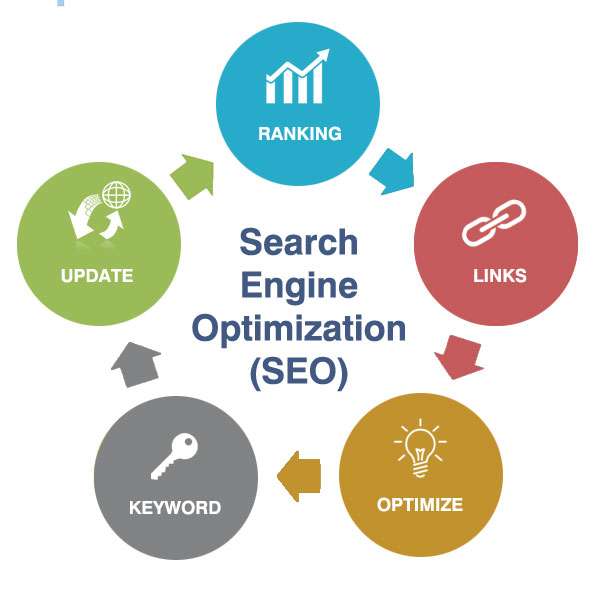Search engine optimization (SEO) is the process of improving a website’s visibility on search engines so that it can be found when people are looking for products or services. The higher a site appears on search engine results pages (SERPs), the more traffic it will receive. If you are interested in learning more Search Engine Optimization Benefits, read the rest of this blog!
When you search for something on a search engine, it searches through the content in its index (like a library). It then retrieves the best-matched results and displays them to you.
Keywords Are Important For Unlocking Search Engine Optimization Benefits!
Using the right keywords to attract potential customers is critical in search engine optimization (SEO). The right keywords help your website stand out from the rest of the competition and give your content the best chance of ranking high on SERPs.
The first step in developing a keyword list is to brainstorm phrases that people might search for when looking for a product or service like yours. Then, use these phrases throughout your content, headlines, image alt text, and SEO metadata.
Another important consideration is to account for different types of searches by using a variety of keywords in your content. For example, a long-time football fan may search for “fifa” to find a blog post about the upcoming FIFA World Cup, while a newbie could search for “football playoffs.”
To find the best keywords to include in your content, use an online tool like Google Ads Keyword Planner or SEMrush to estimate search volume and competitive information. Then, create a keyword list that aligns with your target audience and your business goals.
Understanding Metadata Is Crucial
Metadata is a set of descriptors that provide information to search engines about the content on your web pages. These descriptors are often used in search engine optimization (SEO) to improve your website’s online visibility and boost its ranking on search results.
Search engines like Google use metadata to determine the relevancy of a web page. This helps them surface the best results for searches.
The page title tag, meta description and keywords all play an important role in SEO. These tags are the first things searchers see when searching for a product or service.
Adding the right keywords in these key pieces of metadata can help your website appear higher on search engine result pages (SERPs) and drive more traffic to your site. A good meta title tag incorporates relevant keywords for the industry you’re targeting; this can help you rank higher on SERPs and get more visitors.
Link Building Is an Important Step
Link building is a set of search engine optimization (SEO) strategies that focus on creating a network of links to your website so that it can be more easily found in the search engines. These links show Google that your page is authoritative and relevant to a particular topic.
The quality of these links is a key factor in determining how high your pages will rank on the SERPs. While links from questionable or spammy sites can have a negative impact on your ranking, Google takes many factors into account when evaluating the quality of a website’s links.
There are three main types of links that you can build. These include asking for links, manually adding them, and earning them through content marketing.
Good Content Is Vital For Achieving Maximum Search Engine Optimization Benefits!
Creating content that’s search engine friendly is one of the core components of search engine optimization (SEO). High-quality, targeted and relevant content will increase the likelihood of your website being ranked high on SERPs.
A good SEO strategy starts with keyword research. It involves identifying the terms that potential customers use when searching for your product or service online, as well as the keywords that competitors are ranking for.
This research will give you a clear idea of the content that you need to create on your site. It will also help you decide what type of content to write and how long it should be.
The right keywords and content will ensure that users find what they’re looking for, which can boost your site’s traffic and conversions. It’s also a great way to attract links from other websites that will share your content and build link equity.

